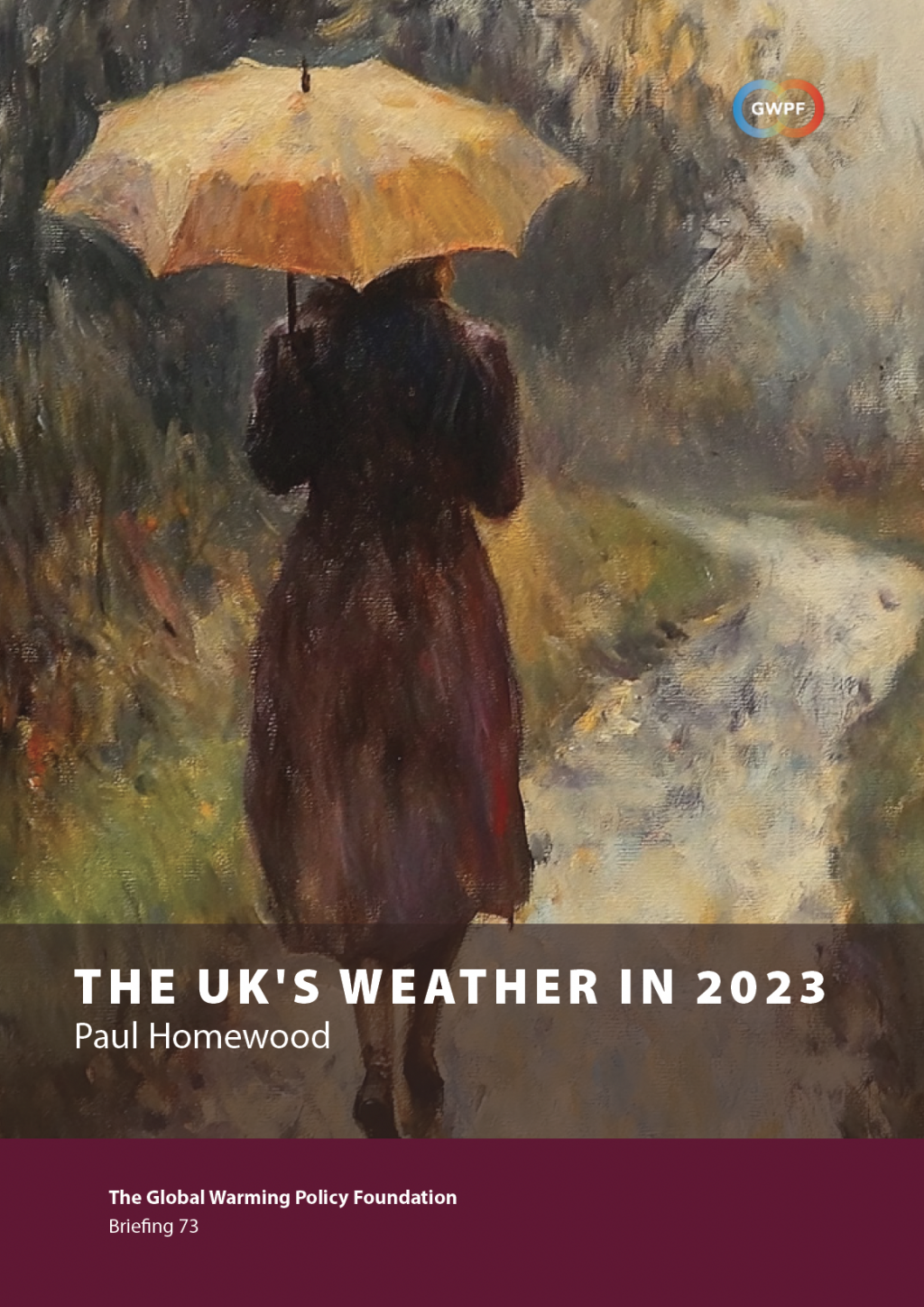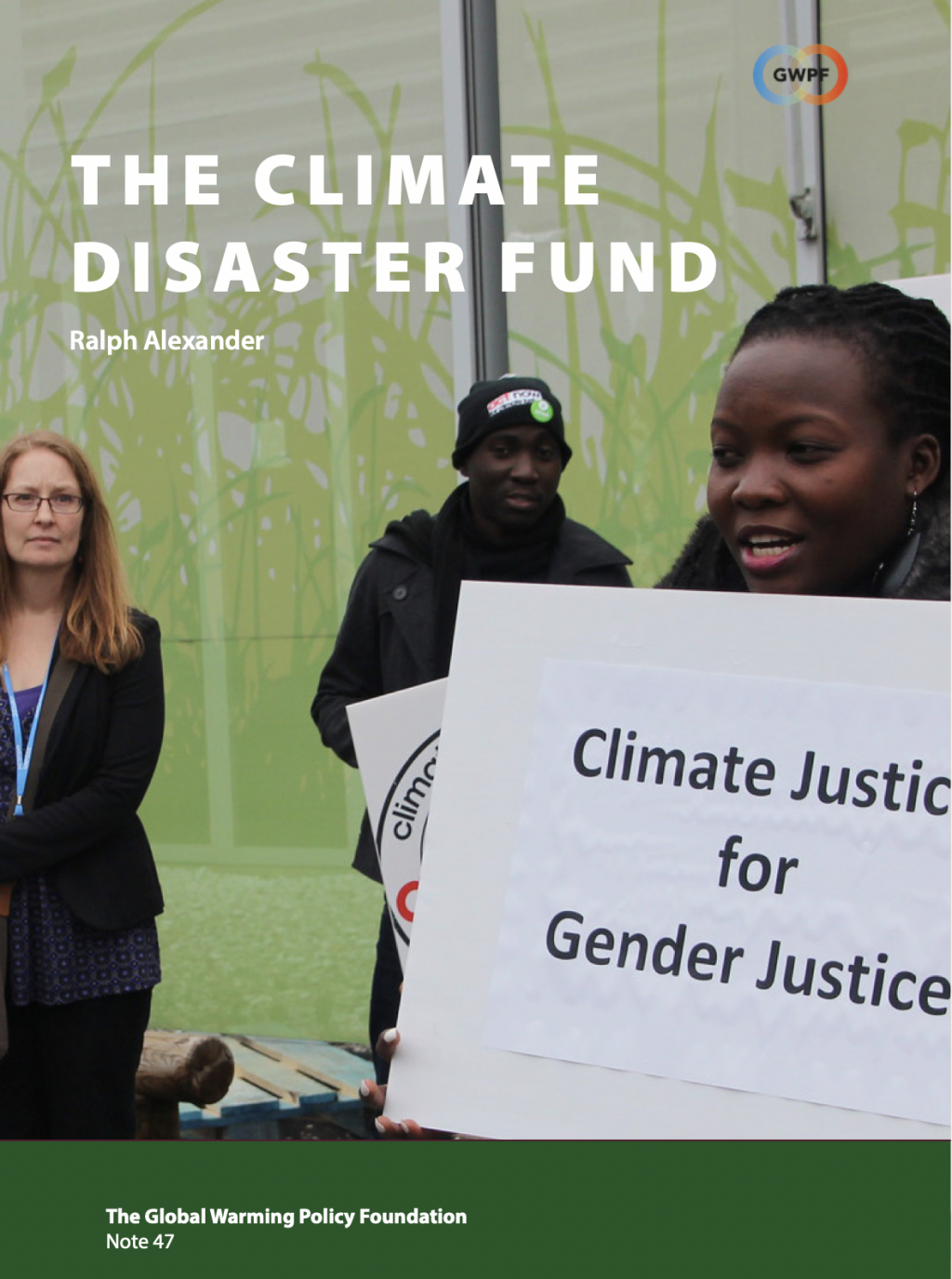
Earlier this year, the economist Ross McKitrick published a new paper about an important methodology used in attributing changes in weather events to mankind. McKitrick observed that the so-called “optimal fingerprinting” methodology, which has been used in numerous studies and has been behind dozens of newspaper headlines about mankind’s influence on the atmosphere, was statistically erroneous. The implications of the findings are therefore potentially profound.
Today, the Global Warming Policy Foundation (GWPF) is publishing a new paper entitled Suboptimal Fingerprinting?, in which McKitrick explains in layman’s terms the problems he has uncovered (a more technical treatment can be seen here).
Myles Allen and Simon Tett, who developed the optimal fingerprinting methodology, have already given a short response to McKitrick’s criticisms.
McKitrick has now provided further comments, which can be seen below, alongside invited comments from Myles Allen and the climate economist Richard Tol.
In addition, we are today also publishing a new paper by statistician William M Briggs, which questions the credibility of the climate attribution statistics.
We hope that these papers will start a serious scientific debate about the credibility of attribution science, and of optimal fingerprinting in particular.
To that end we are inviting further comments from readers with expertise in statistics.
The debate
M.R. Allen and S.F.B. Tett (1999) Checking for model consistency in optimal fingerprinting


